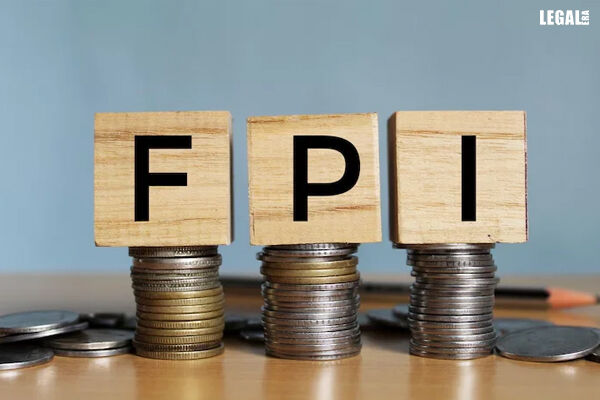
SEBI to allow FPI participation in non-cash, non-agri commodity derivatives
Industry experts feel it would help in expanding hedging options beyond crude oil and natural gas
The Securities and Exchange Board of India (SEBI) is considering allowing foreign portfolio investors (FPIs) to trade in select commodity derivatives for hedging. This will bolster institutional participation and boost liquidity in the market.
The regulator is also exploring measures to bring banks, insurers, and pension funds into the segment.
At a conference by Multi-Commodity Exchange (MCX) on Metals — From Mines to Markets, SEBI Chairman Tuhin Kanta Pandey said that a proposal to permit FPIs in non-cash-settled and non-agricultural commodity derivative contracts was under consideration.
He added, “Enhanced institutional participation will bring in higher liquidity, making the market more attractive for hedging. We will keep working towards a regulatory framework to enable prudent institutional access to these markets.”
Industry experts felt that the proposal would help in expanding hedging options beyond crude oil and natural gas, improving liquidity in contracts such as gold and silver.
SEBI is also engaging with the government to address the Goods and Services Tax (GST)-related hurdles faced by entities wishing to take or give delivery of commodities on exchange platforms. Additionally, by December 2025, commodity-specific brokers will be brought under the common reporting framework for compliance.
For expanding the market further, the market regulator has set up a committee to recommend steps for deepening agricultural commodities trading, while a separate working group is being considered for the development of non-agricultural commodities such as metals.
Pandey stated, “We need to rapidly move from being price takers to price setters. We are building an ecosystem that is resilient to global shocks and responsive to domestic needs.”
Amid global concerns on rare earth minerals and tariffs, he sought self-reliance and a robust derivatives market to protect participants through hedging.
The SEBI chief remarked, “The recent doubling of tariffs on aluminium and copper imports by the US, for instance, is a development that directly affects India’s export landscape. In such a volatile environment, the robust derivatives market provides a powerful shield, allowing Indian producers and consumers to hedge against global price shocks.”
While stressing the need to secure critical minerals like lithium, cobalt, nickel, and rare earth elements, Pandey described those as building blocks of a green energy future. He emphasized greater self-reliance and reaffirmed that safeguards such as real-time margin collection and continuous monitoring remained non-negotiable.
Meanwhile, the Association of Mutual Funds in India (AMFI) suggested measures to SEBI to help position metals as an investment asset class.